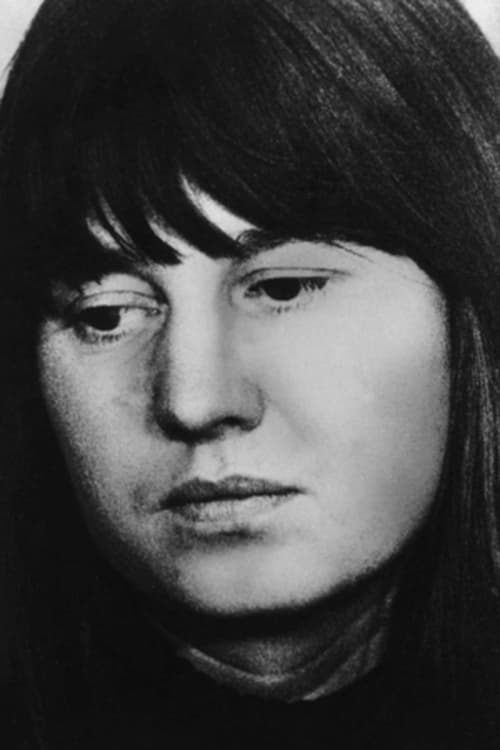
Ulrike Marie Meinhof was a German left-wing militant. She co-founded the Red Army Faction in 1970 after having previously worked as a journalist for the monthly left-wing magazine konkret. She was arrested in 1972, and eventually charged with numerous murders and the formation of a criminal association. Before the trial concluded, Meinhof was found hanged in her prison cell in 1976.
Explore all movies appearances
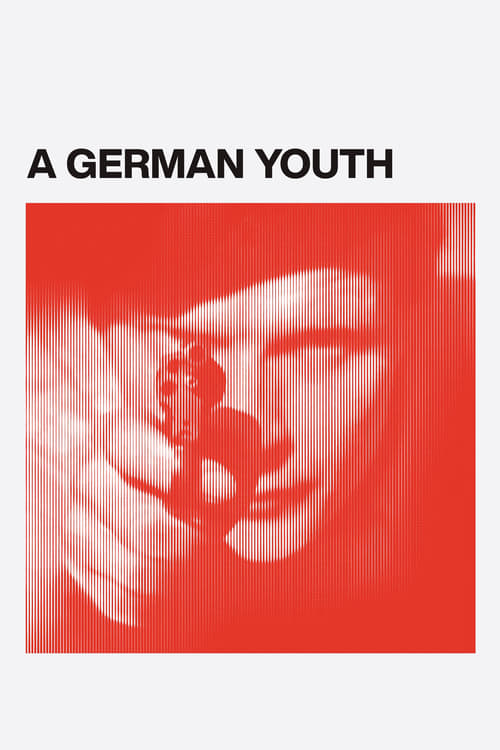
At the end of the 1960s the post-war generation began to revolt against their parents. This was a generation disillusioned by anti-communist capitalism and a state apparatus in which they believed they saw fascist tendencies. This generation included journalist Ulrike Meinhof, lawyer Horst Mahler, filmmaker Holger Meins as well as students Gudrun Ensslin and Andreas Baader.
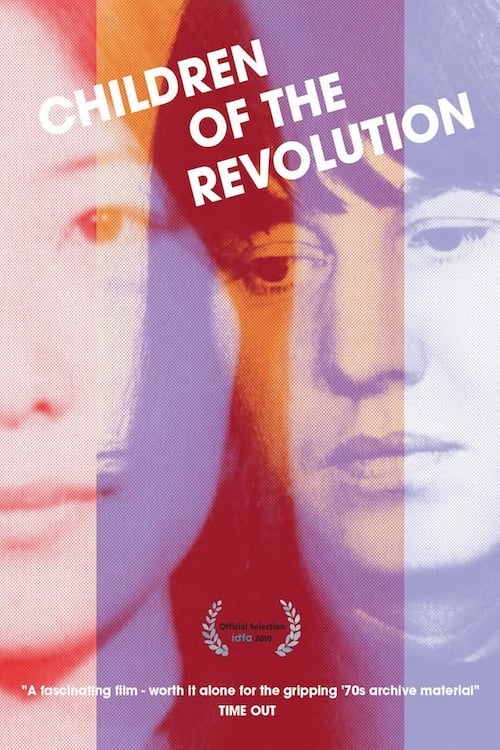
Inspired by the student revolutions of 1968, two women in Germany and Japan set out to plot world revolution as leaders of the Baader Meinhof Group and the Japanese Red Army. What were they fighting for and what have we learned?
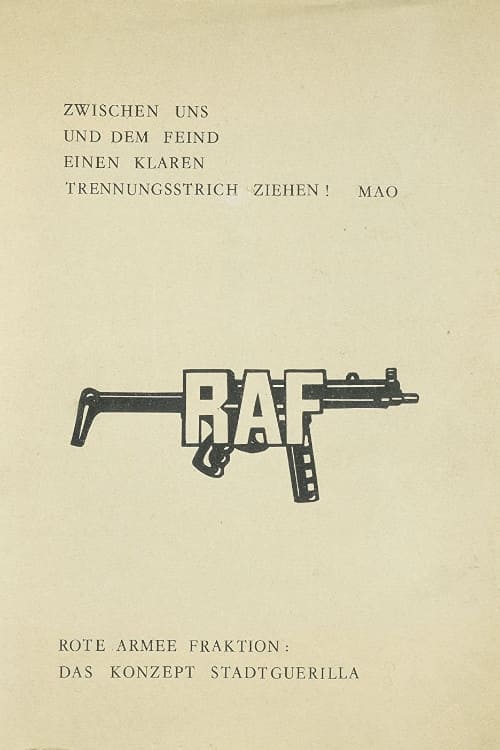
From the inner workings of the RAF. Former RAF-member Peter-Jürgen Boock reveal the many secrets and myths about the Baader-Meinhof gang a.k.a. RAF - Rote Armee Fraktion.

The authors Johannes Unger and Sascha Adamek follow the traces of Ulrike Meinhof's life. In the documentary, contemporary witnesses who knew Ulrike Meinhof directly and experienced her path from different perspectives have their say: publisher Klaus Wagenbach, Spiegel editor-in-chief Stefan Aust, Meinhof friends Peggy Parnass and Erika Runge, RAF members Monika Berberich and Manfred Grashof, friends and neighbors from her youth and journalist Bettina Röhl, Ulrike Meinhof's daughter.

How could the son of a graduate historian and a secretary, who liked to adorn himself with fast cars, fake eyelashes and expensive clothes, who wanted to become an artist, journalist or film director, become the "public enemy No. 1"?
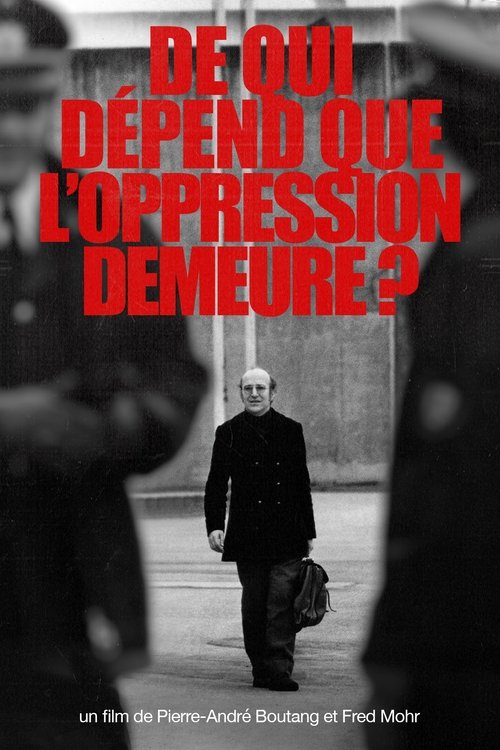
On May 21, 1975, the trial of the members of the Red Army Faction (also known as the Baader-Meinstein Gang) began. Four members appeared before the Stuttgart court to answer for the attacks that had been raging for five years in the young Federal Republic of Germany. The documentary, whose title is borrowed from Berthold Brecht's In Praise of Dialectics, recounts the conditions of the trials and detention of the Baader-Meinstein Gang members and the disqualification of Klaus Croissant as their lawyer.
Subscribe for exclusive insights on movies, TV shows, and games! Get top picks, fascinating facts, in-depth analysis, and more delivered straight to your inbox.